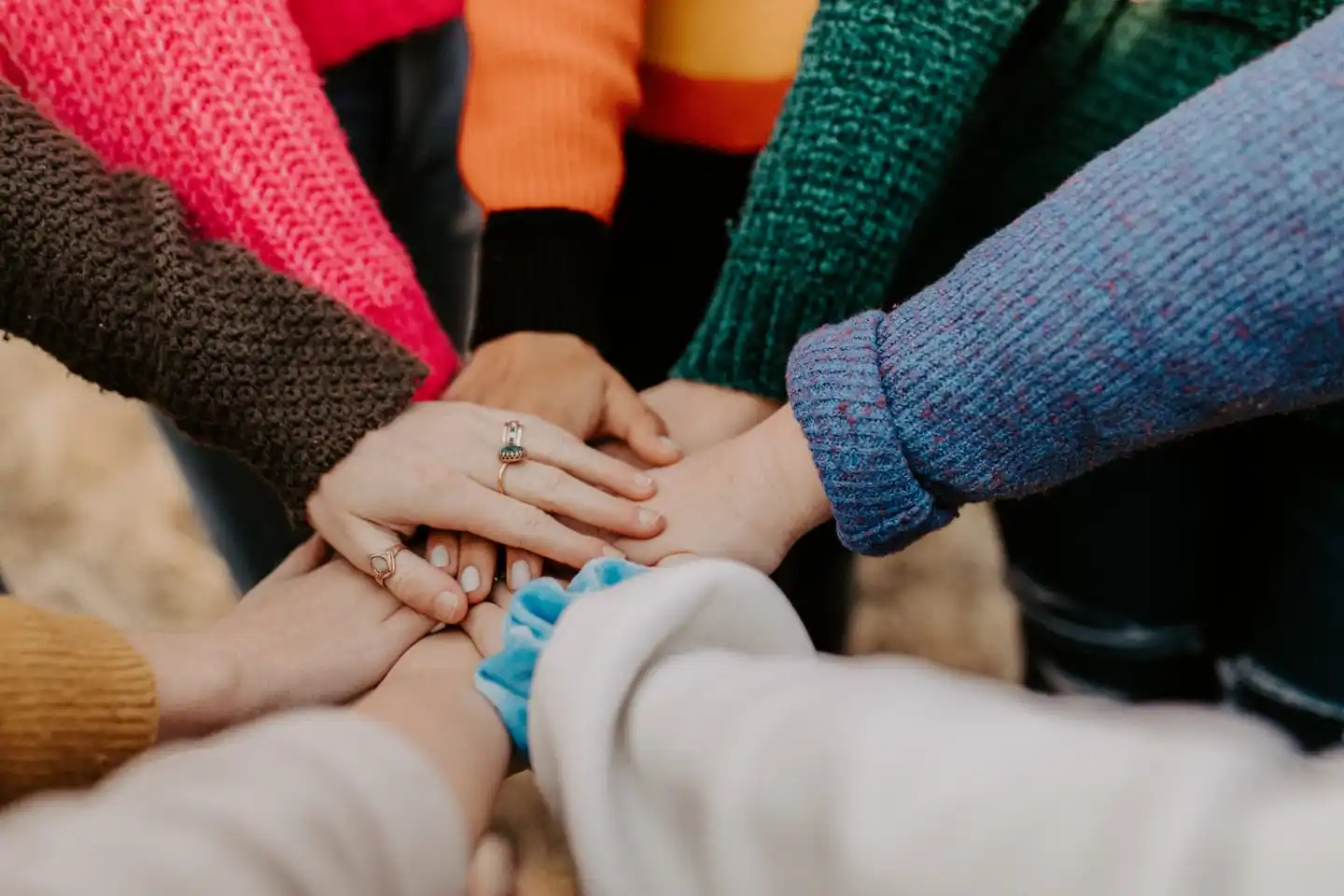A.A. Members Section
The only requirement for A.A. membership is a desire to stop drinking.
Other important information for Members

A.A. Loners, Homers and Internationalists
Whether you are unable to attend a meeting because there is no A.A. meeting in your vicinity, you are housebound because of illness or are working overseas, there are ways of attending meetings online as well as receiving the Loners Correspondence Service.
Find out more
The Three A.A. Legacies
The 3 Legacies of A.A. are recovery, unity and service. Personal recovery is found in working the 12 Steps, unity is achieved through the suggestions in the 12 Tradition and Service is described in the 12 Concepts for World Service, as well as the South African Service Manual.
Read more

Understanding Anonymity
“Anonymity is the spiritual foundation of all our Traditions, ever reminding us to place principles before personalities.”
What is the purpose of anonymity in Alcoholics Anonymous? Why is it often referred to as the greatest single protection the Fellowship has to assure its continued existence and growth?
What is the purpose of anonymity in Alcoholics Anonymous? Why is it often referred to as the greatest single protection the Fellowship has to assure its continued existence and growth?
Read more

The Home Group
Being part of a home group is an essential part of recovery and being an A.A. member. Read in the pamphlet about the home group how a group works effectively, how a new group can be started and how each group links to A.A. as a whole.
Read more

The 7th Tradition - Contributions
The 7th tradition of A.A.: “Every A.A. group ought to be fully self-supporting, declining outside contributions.
A.A. does not accept donations from non-A.A. members which keeps us free from obligations to any persons, groups and organisations outside of A.A so we can concentrate on our primary purpose – to help the still suffering alcoholic.
A.A. does not accept donations from non-A.A. members which keeps us free from obligations to any persons, groups and organisations outside of A.A so we can concentrate on our primary purpose – to help the still suffering alcoholic.


A.A. Literature
A.A. Literature can be obtained from the groups, the District office and G.S.O. Find a list of available literature here.
Read more

Understanding Service Committees
“Practical experience shows that nothing will so much insure immunity from drinking as intensive work with other alcoholics. It works when other activities fail.” Big Book, Chapter 7, page 89
Join a committee at District level to carry the message to the still suffering alcoholic. Whether in public information, cooperation with the professional community, treatment facilities or correctional facilities, there are many opportunities to do so.
Join a committee at District level to carry the message to the still suffering alcoholic. Whether in public information, cooperation with the professional community, treatment facilities or correctional facilities, there are many opportunities to do so.
Read more

Helpful Links
Linking to other websites or social media sites does not mean we are affiliated with them or endorse any of their material. Other websites are autonomous.
View links